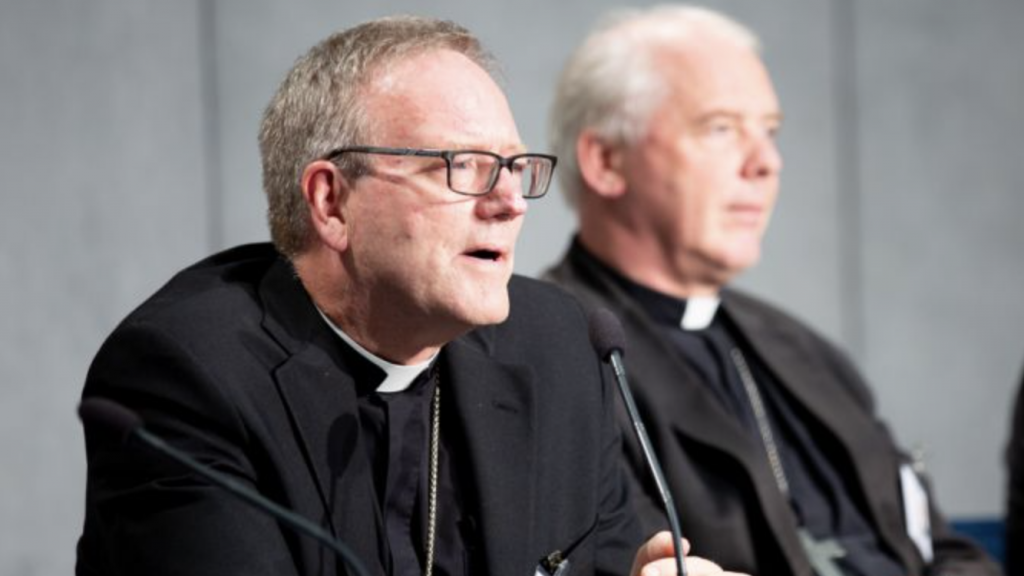Bishop Robert Barron, auxiliary bishop of Los Angeles and head of Word on Fire ministries, called out Catholic Democratic lawmakers and others for claiming that dialogue with the U.S. bishops over abortion and the reception of Communion is the best way forward in the Eucharist controversy. He cited a reticence on the part of Democrats to modify even the most extreme pro-abortion positions.
The article, titled “Bishop: Will Catholic Dems support protections for babies who survive abortion?”, was published in the New York Post on June 28, 2021.
The bishop noted that despite his family’s deep Democratic political background, he struggles “with abortion policy, where the party has lately staked out an especially extreme position.”
The bishop asked Catholic Democratic legislators to show good faith dialoguing about abortion and reception of the Holy Eucharist by supporting, at the very least, legislation that protects babies born after an attempted abortion - tantamount to asking for a ban on infanticide.
When last considered as part of a budget resolution on Feb. 5, 2021, Sen. Ben Sasse’s (R-Neb.) Born-Alive Abortion Survivors Protection Act was filibustered by Democrats in the Senate. The bill would have required requisite care be given to babies surviving botched abortion attempts.
Bishop Barron noted that his attempt to dialogue with Democratic members of Congress two years ago was met with intransigence. “Would they, I asked, consider the banning of third-trimester abortions? Absolutely not, came the reply. Would they, I pressed, be open to restricting partial-birth abortion, the procedure by which a pair of scissors is inserted into the brain of a baby already in the birth canal? No way, they said."
“All right, I wondered, would they be agreeable to supporting born-alive legislation, designed to protect the life of a baby who has miraculously managed to survive an abortion? No, they said.”
The Word on Fire founder said he then issued a challenge: if Democratic legislators want true dialogue, they should move toward common ground by protecting a child that has already survived the traumatic attempt on its life.
“[A]uthentic dialogue,” he opined, “involves some willingness to give and take.”
“We’re willing to reach out. But if protecting the life of a baby struggling to breathe, after surviving a brutal attack on his life, is a bridge too far for pro-abortion-rights politicians, then I ask again, what are we dialoguing about?” he wrote.

